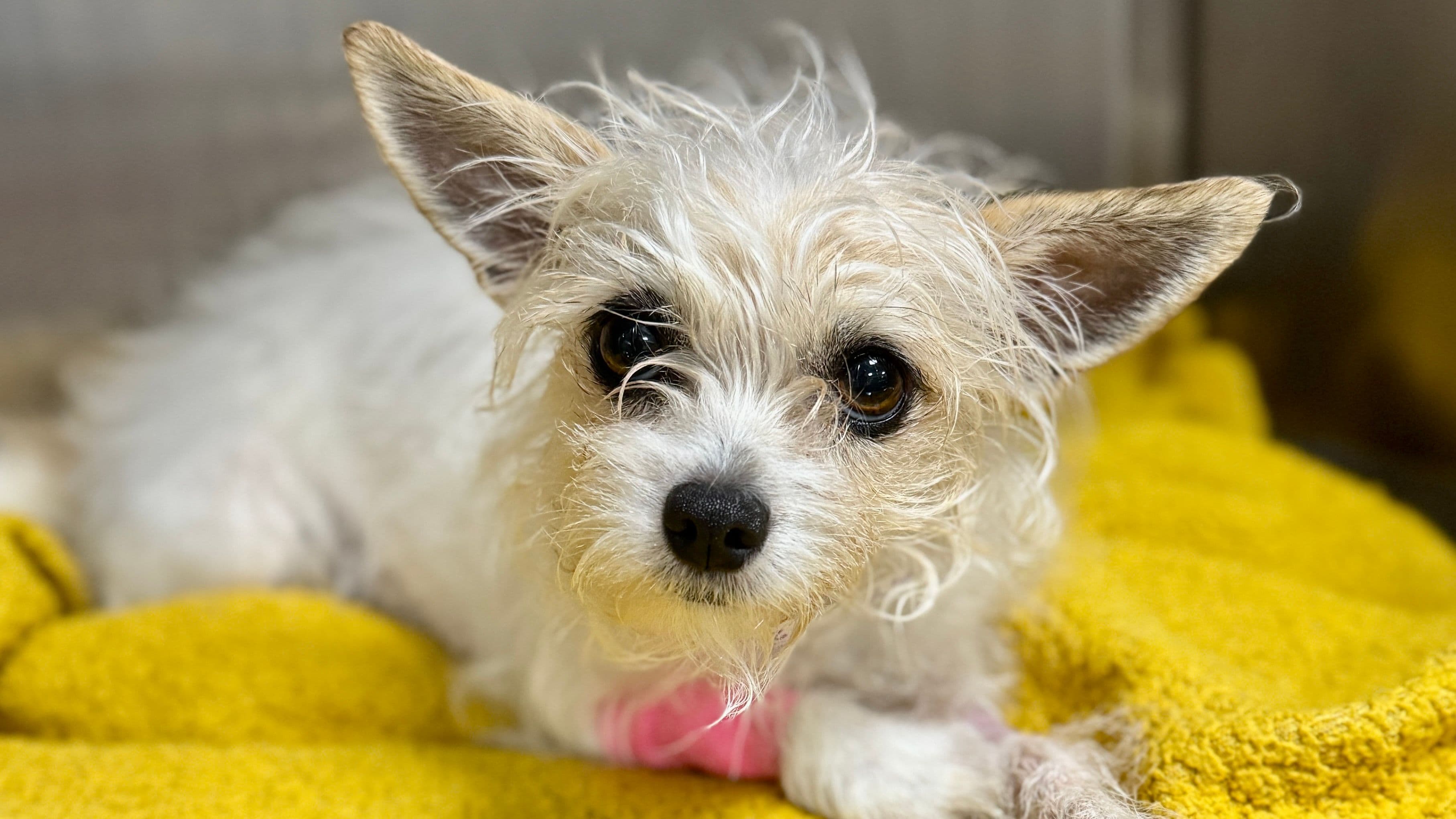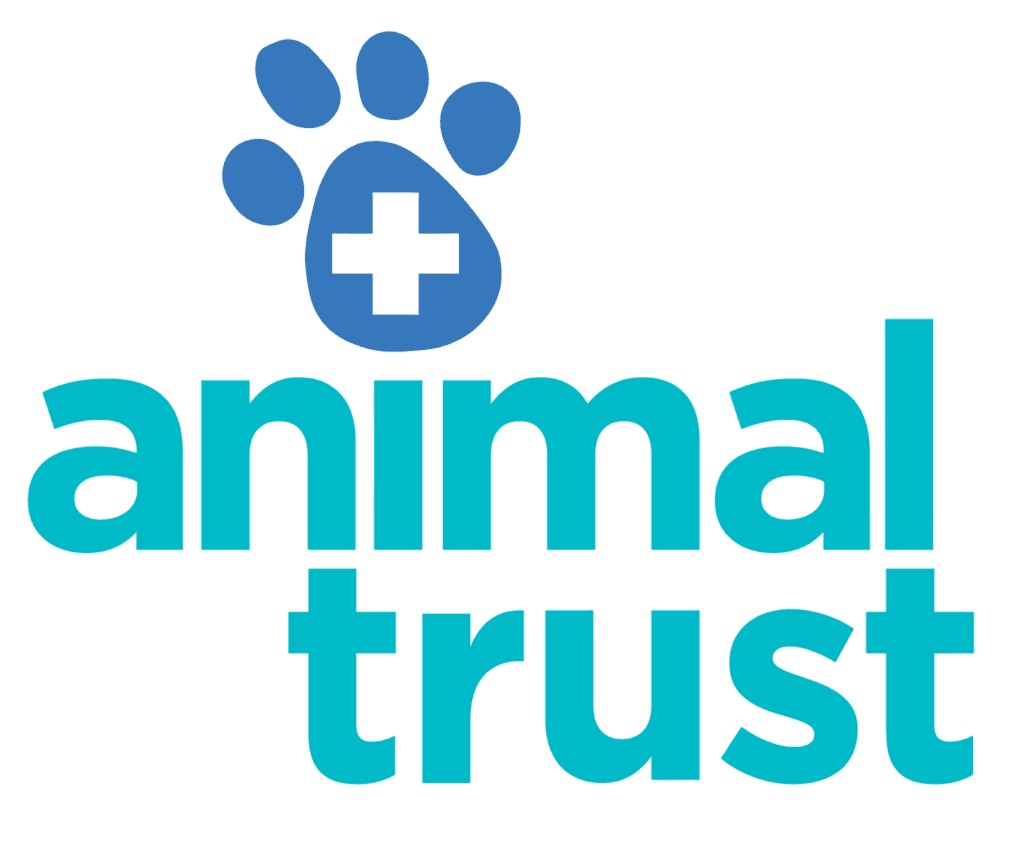
What is Canine Pyometra
Canine pyometra is a serious condition affecting unneutered female dogs. Studies suggest that 1 in 4 un-neutered females may experience this life-threatening condition before reaching 10 years of age.
This advice is for UK pets only and is not a replacement for seeing a vet

Causes of Canine Pyometra
Pyometra means a pus-filled uterus, driven by hormonal changes rather than bacterial infection. The condition often surfaces 1-3 months after a dog has been in heat. Hormonal shifts cause gland enlargement in the uterus, leading to pus formation. If untreated, pyometra can be fatal.
Signs of Pyometra
Reduced or loss of appetite.
Decreased water intake, leading to dehydration.
Vomiting.
Bloated appearance with a distended stomach.
Visible discharge from the vulva in open pyometra.
Diagnosis of Pyometra
Vets confirm the diagnosis through an ultrasound scan of the abdomen, assessing the dog’s condition, kidney function, anemia, and overall system performance through blood tests.
Treatment of Pyometra
Surgery: Ovariohysterectomy removes ovaries, uterus, and the source of pus. It’s the most effective treatment, and dogs often show rapid improvement post-surgery.
Medical Treatment: Aglepristone injections aim to alter hormones and prompt the body to expel pus. This is considered for dogs where surgery is not advisable due to their health condition.
Prevention of Pyometra
You can completely prevent the risk of your dog suffering from this infection by getting them spayed (neutered).
Please see our article on neutering for more information.
Outlook
Pyometra is a serious condition that requires immediate treatment. The chance of successful recovery without surgery is extremely low. If treatment is not performed quickly, the toxic effects from the bacteria will be fatal in many cases. The womb can also rupture inside of the abdomen, which can also be fatal.
